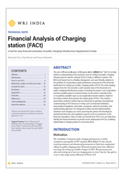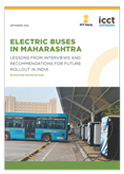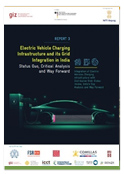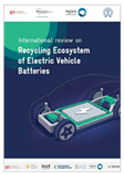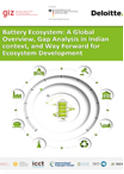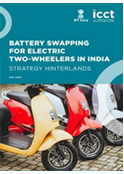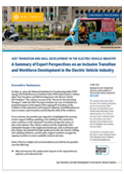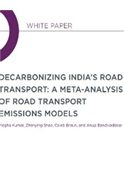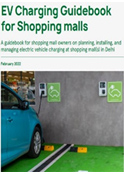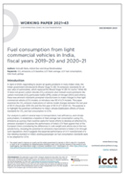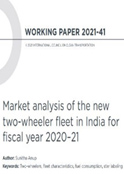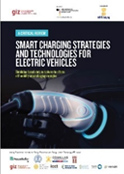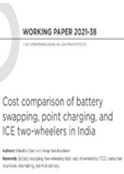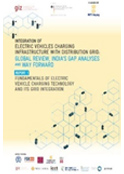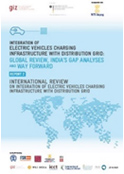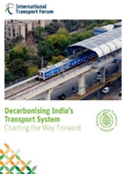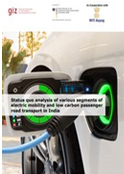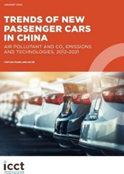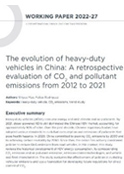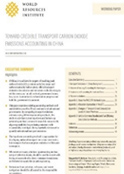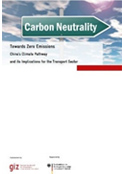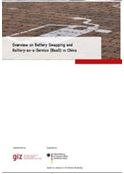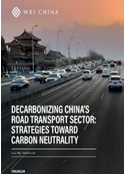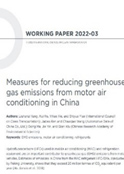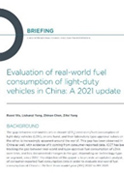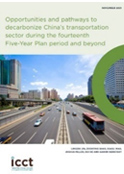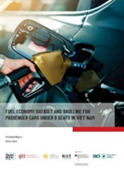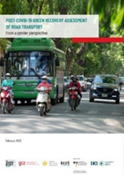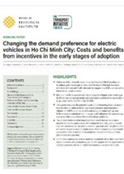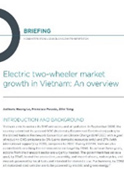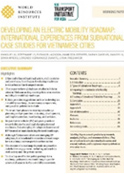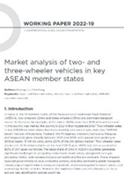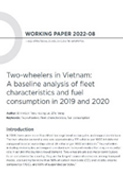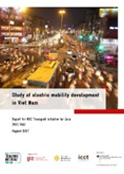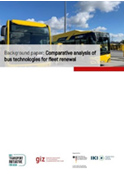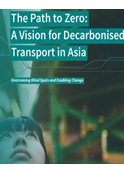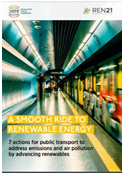About NDC-TIA
The Nationally Determined Contribution-Transport Initiative for Asia (NDC-TIA) is a joint project of seven organisations (Deutsche Gesellschaft für Internationale Zusammenarbeit (GIZ) GmbH, World Resources Institute (WRI), International Council on Clean Transportation (ICCT), International Transport Forum (ITF), Agora Verkehrswende (AGORA), Partnership on Sustainable, Low Carbon Transport (SLoCaT) Foundation and Renewable Energy Policy Network for the 21st Century e.V. (REN21)) and with the engagement of China, India, and Vietnam. The project is part of the International Climate Initiative (IKI), which is working under the leadership of the Federal Ministry for Economic Affairs and Climate Action, in close cooperation with its founder, the Federal Ministry of Environment and the Federal Foreign Office.
The Resources of the project can be accessed from here.
The project aims in promoting a comprehensive approach on decarbonizing transport i.e. a coherent strategy of effective policies that are coordinated among various sector ministries, civil society, and the private sector.
In each of the partner countries, the consortium supports the design and information of stakeholder processes and the development of selected climate protection measures. In this way, the partners are supported in making their sectoral contributions to the achievement of the Nationally Determined Contributions (NDCs) of the Paris Agreement and in raising their ambitions for long-term strategies and the 2025 NDCs.
As a regional initiative, the programme disseminates appropriate knowledge in Asia via existing platforms. By linking with regional stakeholders and other Asian countries, it contributes to promoting a comprehensive approach to decarbonising transport. At the global level, the programme will contribute its experience to the UNFCCC process.
About NDC-TIA India Component
The transport sector is the third highest GHG emitting sector in India and the emissions from road transport are expected to grow faster than any other sector in the country. On the other side, the transport sector is a great enabler for economic development and carries the significant potential to limit GHG emissions and the issue of air pollution, especially in cities. Most cities in India are at an initial stage of development with a growing economy, regional linkage, and a dense and vibrant built environment. India has a great opportunity to leapfrog towards decarbonising the transport system. However, for this to happen, integrated decision-making becomes a pre-requisite. This would mean bringing in multiple agencies under a common platform.
All the project initiatives of the NDCTIA India component are carried out in close collaboration with the implementation partner NITI Aayog, Government of India. The main outputs for India Component are:
- A stakeholder platform with the capacity to formulate pathways on decarbonising transport in India based on technical assistance
- To improve the policy and procurement frameworks for EVs and charging infrastructure in India
The project focusses significantly on electric mobility, which would require coupling of transport and energy sectors and receiving cross-sectoral expertise from ministries, international development agencies, think tanks, public and private organisations. Ultimately, the programme intends to support the development of policies and regulations to promote electric vehicle charging infrastructure uptake and smooth widescale adoption of EVs in India.
Read more: NDC Transport Initiative for Asia (NDC-TIA) Archives - Changing Transport (changing-transport.org)




